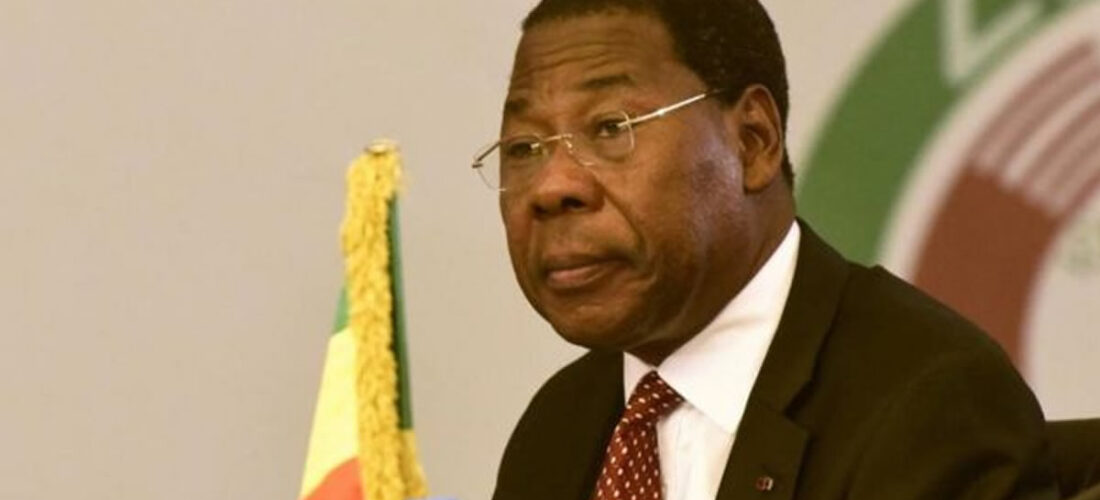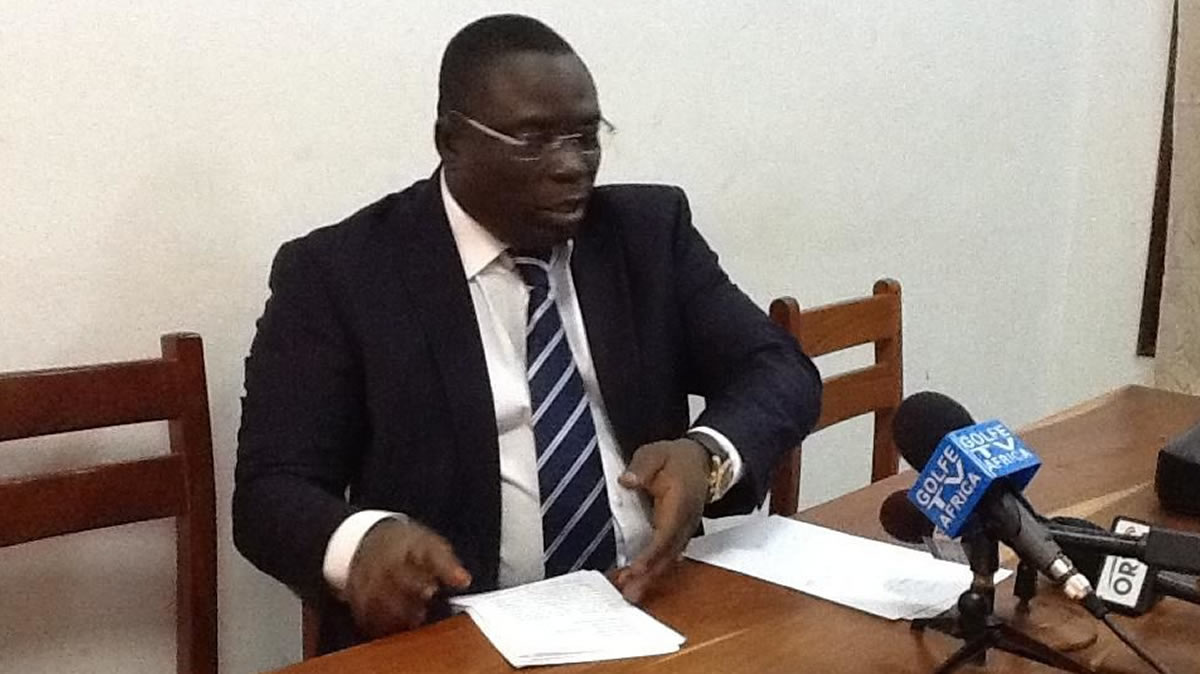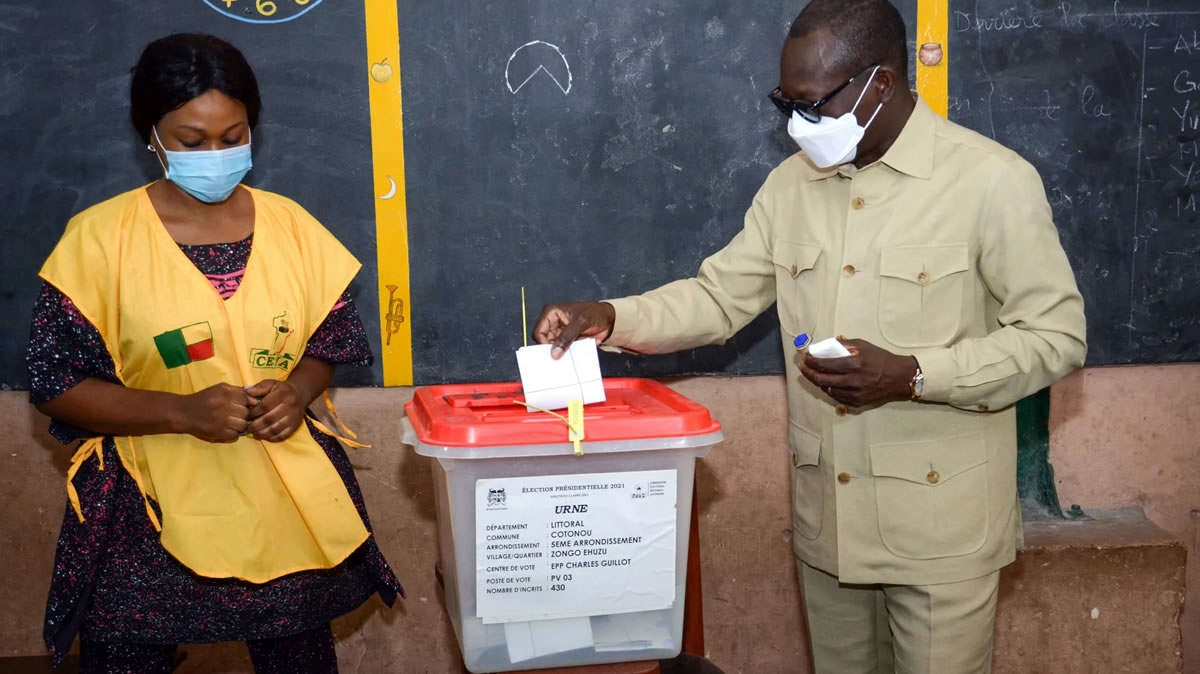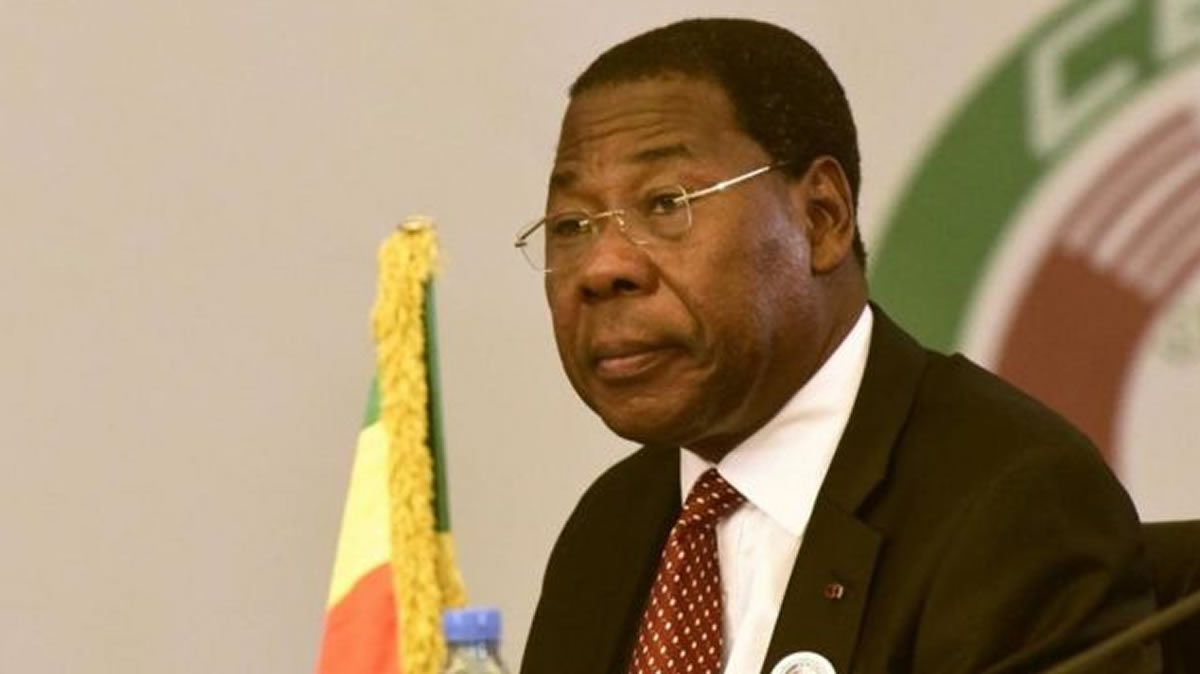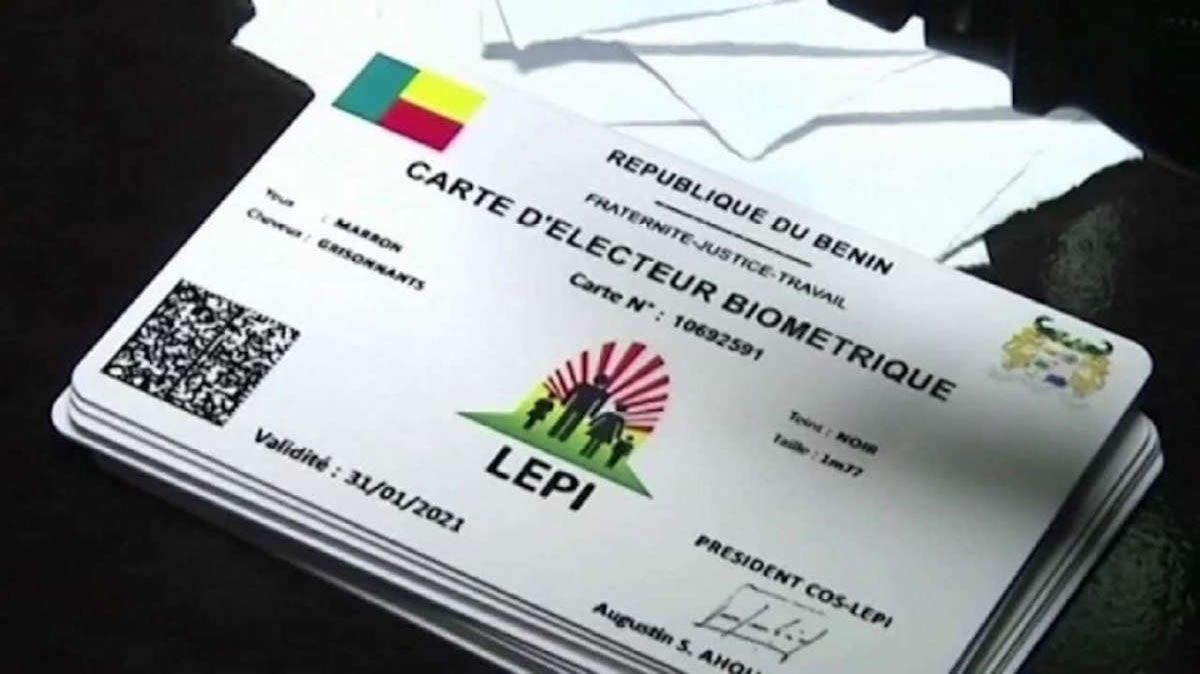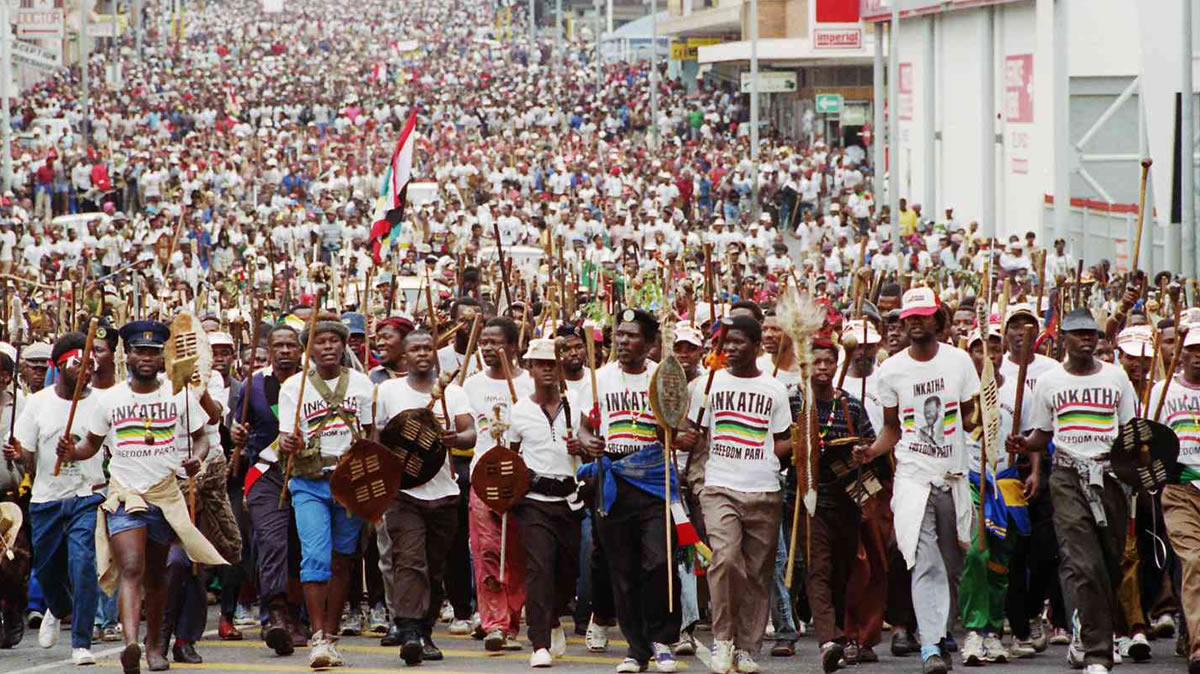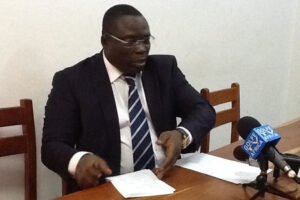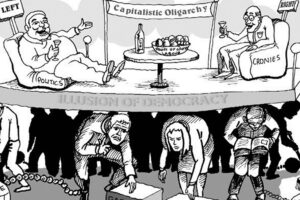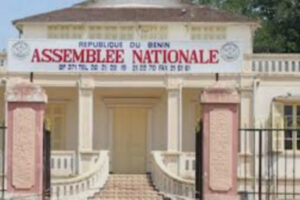Rehabilitation of Benin’s railways on the agenda
THE TRIP TO INDIA OF PRESIDENT BONI YAYI, IN ADDITION TO THE OPPORTUNITY THIS EMERGING COUNTRY WHICH HAPPENS TO BE A POWER BOTH ECONOMICALLY AND DEMOGRAPHICALLY, IS IMPORTANT FOR THE BENINESE BECAUSE IT OCCURS AFTER A VISIT OF THE BENIN’S HEAD OF STATE TO RAILWAY MEN FACING STRUCTURAL DIFFICULTIES FROM THE COMMON ORGANIZATION BENIN NIGER (IN FRENCH ORGANISATION COMMUNE BENIN NIGER: OCBN), THE COMPANY WHICH MANAGES THE RAILWAYS AND WHOSE ACTIVITIES ARE PENDING FOR NEARLY A DECADE. INDIA HAS SOLD THREE LOCOMOTIVES TO BENIN AND THE HEAD OF STATE PROMISED TO ACQUIRE THREE MORE. HENCE MANY COUNT ON THIS TRIP TO INDIA.
In fact after contacts with different outside investors, most of them were not willing to try and get back on track a Railways and Transport Organization Common Benin Niger (OCBN), which has continuously been plunging in a deepening crisis, can no longer face competition from road and stand up to aging equipments, shortage of spare parts, the decay of railways, the financial difficulties resulting in wage debts up to 10 months’ arrears from which the Head of State promised to pay for 5 months first.
In addition to this salary assistance for a start, Boni YAYI’s vision is to restore the rails and rail transport, an instrument for decongesting and increasing transactions at the autonomous Cotonou Port, which is itself subjected to a modernization in order to match the needs of developing countries in the hinterland, particularly Niger. The docks used as warehouses by these countries need the carrying capacity of trains.
Moreover, the Government intends to reverse competiveness of the roads became unsafe due to the state of trucks, insecurity and carrying capacity. The train is also a serious asset to restore passenger trains on some lines suspended since 2007 in order to boost tourism. It is also said for mega structures that will be built against coastal erosion, transport of several tons of materials such as granite, the facilitations that the trains provide will have to be needed.
The OCBN that has been thought to be buried still bears a lot of hopes for future. In any case, the Transport Minister Nicaise FAGNON has strong faith and the Head of the state remains in the same line. Since 1959, OCBN manages the rail network inherited from the Network Benin Niger (in French Réseau Bénin Niger : RBN).
This network was built from 1900 to 1939 and includes 579 km of track metrics that were divided into three lines: the Cotonou-Parakou express from Cotonou, the North (Cotonou-Parakou), 438 km long, whose extension to Niamey, through Dosso is planned; the East (Cotonou-Pobè), 107 km long with traffic has been suspended since December 01, 1990. There was also the West line (Cotonou-Sègbohouè), 60 km long, which is also suspended.
The OCBN is about fifteen years old, had a large fleet of vehicles (cars, locomotives, rail motor tractors, cars) and around 287 cars for the carriage of goods. With 1380 employees in 1989, OCBN made possible the movement of 1 137 000 passengers and 382 229 tones of cargo. Its situation is not very brilliant and after over a decade of neglect without convincing answers nor obvious interests from both States in the recent past for this valuable tool of transportation. The organization has sunk into a perilous apathy that the new management team seems to be willing to contain by prompt actions. But the damage to equipment and railways are such that it will take a lot of determination and authorities’ faith into the benefits to be drawn for the economical development so that the previous prosperity of rails could be restored and the Niger’s railways project could get connected with the OCBN network can be attractive to invertors.
———-
Léon BRATHIER
Translated by Alfred Cossi CHODATON



